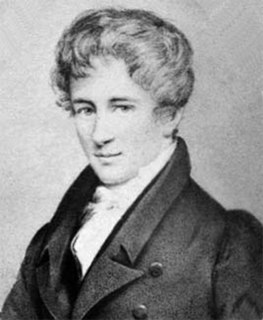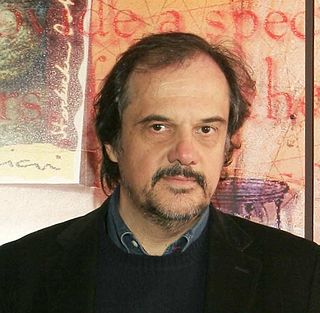A Quote by Arthur Porges
"Do you know," the Devil confided, "not even the best mathematicians on other planets - all far ahead of yours - have solved it? Why, there is a chap on Saturn - he looks something like a mushroom on stilts - who solves partial differential equations mentally; and even he's given up."
Related Quotes
What is the origin of the urge, the fascincation that drives physicists, mathematicians, and presumably other scientists as well? Psychoanalysis suggests that it is sexual curiosity. You start by asking where little babies come from, one thing leads to another, and you find yourself preparing nitroglycerine or solving differential equations. This explanation is somewhat irritating, and therefore probably basically correct.
Everything, however complicated - breaking waves, migrating birds, and tropical forests - is made of atoms and obeys the equations of quantum physics. But even if those equations could be solved, they wouldn't offer the enlightenment that scientists seek. Each science has its own autonomous concepts and laws.
The mathematicians have been very much absorbed with finding the general solution of algebraic equations, and several of them have tried to prove the impossibility of it. However, if I am not mistaken, they have not as yet succeeded. I therefore dare hope that the mathematicians will receive this memoir with good will, for its purpose is to fill this gap in the theory of algebraic equations.
Even in relativity theory even though you can analyze space - time in terms of this four-dimensional geometrical structure one of the dimensions is different. And this shows up in the equations. It has a different sign - rather than plus it shows up as a negative minus. So even in relativity theory time is distinct from space in terms of the way in which these dimensions manifest themselves in the equations.
...a major triumph of mathematical imagination: the use of visual imagery to condense a large quantity of information into a single comprehensible picture... Mathematicians are just beginning to understand these basic building blocks of change and to analyze how they combine. The methodology involved has a very different spirit from traditional modeling with differential equations: it is more like chemistry than calculus, requiring careful counterpoint between analysis and synthesis.
As for mathematicians themselves: don't expect too much help. Most of them are too far removed in their ivory towers to take up such challenges. And anyway, they are not competent. After all, they are just mathematicians-what we need is paramathematicians, like you... It is you who can be the welding force, between mathematicians and stories, in order to achieve the synthesis.
Some things, like the orbits of the planets, can be calculated far into the future. But that's atypical. In most contexts, there is a limit. Even the most fine-grained computation can only forecast British weather a few days ahead. There are limits to what can ever be learned about the future, however powerful computers become.


































